|
I hate to admit this (and I'm rather embarrassed); but I had no idea that March was Women's History Month since 1987--until March of this year. I watch as much TV as the next person and I don't recall ever seeing any sort of Ad Council/Bicentennial Minute/PSA sort of media in its regard on the airwaves. Until this year. That year being 2021. Curiously, I've been writing about women all month...I guess that's what you call synchronicity. So, for this blog, I thought I'd "mindfully" write about women's history, which got me to pondering what I would write about. An old episode of Charlie's Angels came on the tube the other night and it was one featuring Cheryl Ladd. That got me to thinking about one of my very favorite childhood TV shows: Josie and the Pussycats. And the more I thought about this seemingly disposable piece of Pop-fluff (that wasn't very well animated) the more radical an endeavor it seemed to me. Why would Cheryl Ladd put me in mind of Josie and the Pussycats? Well, I'll tell you! Cheryl Ladd was cast as the singing voice of Melody, the band's drummer; but before I get into that, how about a quick recap for those who are a little fuzzy about these particular pussy cats. Now, in doing a little research, it seems they all had last names; but I don't recall ever having heard them uttered on the show except for Alexandra and Alexander Cabot. But I'm getting ahead of myself. Josie and the Pussycats were a rock group consisting of three young women: Josie, the girl next-door lead singer with the red hair. Melody, the ditzy drummer who was blonde (although, not necessarily dumb). Finally, there was Valerie. She was the second lead singer/percussionist/bassist. The band's manager was a young hep-cat named Alexander Cabot the Third. Alan is the group's roadie: a strapping and handsome blonde (who is not necessarily not dumb). Rounding out the group is Alexander's sister, Alexandra. There's really no necessity for her being there except to be the foil to Josie. You see, Josie and Alan kind of have a thing going on. Not boyfriend/girlfriend; but definitely more than just friends. Alexandra, who crushes hard on Alan, is always trying to steal him away from Josie. These attempts often forwarded the plot, and the attempts always failed, leading to wacky situations from which the gang had to extract themselves. A typical episode went thusly: Josie and the Pussycats are booked to play a concert in some far-flung exotic locale. Some event, usually triggered by Alexandra's meddling, put the gang into jeopardy. Often the clutches of some mad scientist or megalomaniac. The kids escape and thwart the villain, almost always with the help of a scheme that super-smart Valerie has devised. These schemes often involve Rube Goldbergian style apparatuses. Often, these apparatuses will fail due to more meddling on the part of Alexandra. A crazy chase scene will ensue set to the strains of one of the band's bubble-gum Peace and Love songs and then all is set right. Oh, did I mention there is an actual pussycat named Sebastian who is in cahoots with Alexandra but plays both sides of the fence? Well, there is. Sebastian is a rather radical character himself. You're never sure whose side he's on (other than his own). He plays all the angles as to what's best for him. How many people (or cats for that matter) like that have you known in your life? Funny, but these shows really did teach you about the way of the world, didn't they? Shows like Josie and the Pussycats trafficked in stereotypes, certainly. Melody is the dumb blonde. Alexandra is the scheming she-devil. Josie is the good girl. Sebastian, despite being male, represents the myth of female deceptiveness and duplicity. A cat is a female archetype. A witch. But Sebastian's double-dealing always backfires on him. Another life lesson? Valerie is the smart one. But wait a minute...Valerie was much more than that. Valerie was one of the first black characters in the world of Saturday morning cartoons. She was certainly the first black girl. And she almost wasn't. Misters Hanna and Barbera wanted her to be white and the man who had put together the real-life version of "Josie and the Pussycats" held out to keep her black. Eventually Hanna and Barbera caved. Which begs the question, were Hanna and Barbera rascist? Thinking back on things like "Hong Kong Phooey" I guess we'd have to say yes to that. Valerie also functions as the voice of calm and reason. She is the group's diplomat. Never losing her head. Saving her friends asses over and over again. And she can play a mean two-fisted tambourine! Yes, a group was put together to record the music for the cartoon band, put out an album, and make public appearances. Cheryl Ladd was Melody. It was extremely meta. Yes, it had stereotypes; but stereotypes are often shortcuts to storytelling. Especially in a twenty-two minute cartoon. But even within the stereotypes there were subtle thwartings of said stereotypes. For example, Melody. She is depicted as being not particularly bright (in fact, she often suffers verbal abuse courtesy of Alexandra who has no qualms about telling Melody she's an idiot) but she often provides the gang with a heads up. Her ears wiggle when she senses danger. So Melody is smart in a different way. She's intuitive, if not psychic. She is in touch with her natural surroundings. Her intelligence is soul based. And she is kind to all. Or Sebastian. His/her duplicity is often shown to be for the greater good. His/her conniving often saves the collective ass as well. Just when you think Alan is nothing more than a set of muscles with a pretty face, he comes up with a good idea. Alexander Cabot is at heart a coward; but he will do what he has to to help out: even if that means grappling with a giant man-eating plant. Alexandra may be a raging "B" but the girl knows what she wants and will not give up trying to get it. She's not just strong willed. She's iron willed. She's kind of scary. And yet, she's inspiring. You never get the sense that it's Alan she really wants. What's she's doing is fighting to assert herself. She's an unforgettable character. She's kind of radical. Perhaps TV's first radical feminist. Josie, our lead, is perhaps the most unformed of the group; but I guess we can infer that she put the whole act together. And here she is, traversing the world fearlessly. Josie is not going to stay home, warming up baby bottles. The women are in charge in Josie and the Pussycats. It is Valerie who unapologetically does the mansplaining. A year before Josie and company began their globe-trotting exploits, the above two young women were doing their own gallivanting without the benefit of parental supervision. They are of course, left to right, Velma and Daphne from Scooby-Doo Where Are You! (1969). If Scooby-Doo was the template for Josie and the Pussycats, then Velma became Valerie and Daphne would be Josie. Daphne and Velma (again, the last names of the all the characters are never uttered) are part of another gang of teens: Mystery Inc. The Mystery Inc. gang includes the two young women and also a goofy stoner-dude named Shaggy and an ascot wearing muscular blonde (again) boy named Fred who could be the twin brother of Alan, the Pussycat's roadie. And of course the titular Scooby-Doo (a talking Great Dane with an eating disorder). They drive around in a funky van known as "The Mystery Machine" solving mysteries, that, more often than not, they stumble into. There is pretty much zero back story on Mystery Inc. and the kids who make up its ranks. They seem to be high school age. But if they're in high school, when do they go to class? Are they drop-outs? They're out at all hours of the night, driving around all parts of the country seemingly at all times of the year. They're never hired by anyone, so they're not getting paid to solve the mysteries/crimes that they investigate. They never seem to wear outer-wear unless they're in the coldest of climates. The girls don't have purses. How do they pay for gas? How do they pay for food? How and where do they acquire Scooby-Snacks? What exactly is a Scooby-Snack? Are they mail order or can they be purchased at any local grocer? And what about the sleeping arrangements? Sometimes they're seen in sleep-wear, the girls in one room of the spooky old house and the boys in the other. But what about when there is no dilapidated house to crash in? What are the sleeping arrangements in The Mystery Machine? That in itself is a mystery. The implication is that Daphne and Velma are even more emancipated than one could imagine. None of them ever speak of their parents or families. Of course, this was done so as not to bog down the narrative. But even a child, who can go with the flow of suspended disbelief, begins to question these things. The freedom that Daphne and Velma have is a little too much. Watching the show, you're concerned they might run into a Charles Manson type and run off with him. Not that they would. I don't know them like that. Ultimately, the point is is that young women were being portrayed as bright, assertive, intelligent, independent people who didn't have to answer to some male authority figure. They are equals with the men they work with. In many cases, they are calling the shots and solving the problems. It is extremely pro-intelligent women: Velma and Valerie are the real linchpins on both shows. And this was for little kids to watch! Which brings us to Ms. Penelope Pitstop. She came the year before Velma and Daphne on a show called Wacky Races. That show dealt with a global car race, the participants behind the wheels of fantastical vehicles with various themes and appearances (I think one was like a haunted house on wheels?). Penelope, seemingly the only female in the race, drives a pink roadster called "The Compact Pussycat" (there's that word again. What's up Hanna-Barbera? Sexist too?). My sister and I loved Penelope! Of course we would. She was a little girl and I was a little gay boy. Penelope was the only reason to watch the show and she wasn't on nearly enough. Her car could do the most amazing things, like apply make-up while driving or convert into a roadside tea service. Perhaps Penelope's concerns focused more on vanity and leisure than winning the race; but yet, there she was--in the race. Another independent, self-sufficient young woman in a traditionally masculine role: race car driver. My sister and I must not have been alone in loving this dazzling girl. She got her own show. Unfortunately, when she did she went from being enigmatic to merely cliche. She was now the archetypal damsel in distress; getting tied to rail-road tracks and such. She said little more than "Help! Help!" in a southern fried accent and was always being rescued by a group of men. Really short 1920's gangsters. Hey, don't ask me. Penelope's solo vehicle was definitely a step backwards. Why couldn't she have been a crime fighter or secret agent or what have you? I guess you can't win them all. The gentleman above is Iwao Takamoto. He designed Penelope Pitstop. He had spent four years of his life in a Japanese internment camp; so perhaps his yearning for freedom carried over into the spirit of Penelope and Velma and Daphne and Josie and Melody and Valerie and Alexandra. And perhaps too Dee-Dee, Brenda and Taffy. Wait, who? By 1978, the liberation and independence was still there but it was beginning to devolve into a kind of sexism. Dee-Dee, Brenda and Taffy were three teen-age women who solved soft-serve crimes and mysteries along with "Captain Caveman"--a pre-historic hominid whose wooden club was also an all-purpose sort of tool-kit. A sort of spoof of Charlie's Angels (and now we're really getting meta) while simultaneously a mash-up of Scooby, Josie, and The Flintstones; Captain Caveman and the Teen Angels was a high-concept that must've been conceived when somebody was actually high. If you can get past the absurd premise, what you have is a show about three comely young women hanging out with a dirty old man. He's not dirty in the sexual sense; but he is a bit on the skanky side. And there is a sort of prurience about the Teen Angels. They go through all the tropes of the one's who came before them; but now the emphasis is on their curvy figures, tight clothes and playing second fiddle to a male who is literally a throw-back to the archetypal cave-man. I mean, "Cavey" is kind of cute and he's certainly the Teen Angels' protector...but it somehow seemed that things had taken three giant steps backwards.
So, let's ask the questions again: were Hanna and Barbera sexist and/or racist? Well, I think the answer is yes and no and no and yes. Their young female characters were more often than not eye-candy, yet, they were still independent women. Perhaps they originally didn't want Valerie to be black; but they eventually gave in. And then Valerie was sort of resurrected as Dee-Dee (another level-headed brainiac). They also hired Mr. Takamoto and had the faith in him to create dozens (maybe more) of their most beloved characters. Hanna and Barbera lasted a long time as a team. They met and began working together in the 1930's, a decade not particularly known for political correctness. Racism and sexism couldn't help but work its way into their output. I guess we should be thankful that there's as little of it as there is. But, yes, they gave the go-ahead for all of these projects. They had the final say. And they gave us Josie and Velma and Daphne and Valerie and... Hanna and Barbera, proto-feminists? Maybe? Who knew? But I'm glad they brought these young women into my living room at an impressionable age. I still want to hang out with the Pussycats and Mystery Inc. A road trip with Penelope Pitstop? Where are my pink goggles? These characters were inspirational. Who knows, maybe Danica Patrick watched Wacky Races on Saturday mornings and Penelope P. inspired her to get behind the wheel. Maybe Joan Jett and Belinda Carlisle watched Josie and the Pussycats over a big bowl of sugar frosted cereal and said to themselves. "Right there...that's what I wanna do." Why do I hate apostrophes so much yet adore the semi-colon?
Well, it changed the world for some of us. Actually a lot of us. Certainly me. It was the night the B-52's were the musical guests on Saturday Night Live.
I've been re-watching the first five seasons of SNL. I came across seasons 1 through 4 at a thrift store and then my husband completed the set for me with season 5 (which is when the B's were on). So I guess I've got SNL on the brain. You know, the thing about that show, was that because it was live, in many ways you were part of it. You may not have been in New York; but you were watching it unfold in real time (at least on the East Coast). As a young teenager who dreamed of New York and showbiz and comedy; Saturday Night Live was a Godsend. Every week (and it was actually on every week) I could get away from the mean little shits of junior high school and hang out with my cool friends in Manhattan! At Rockefeller Center. Sure, the Not Ready For Primetime Players were a lot older than me; but it didn't matter. I had a very mature sensibility. I was precocious and I thought, sophisticated. Really, the show got me through the hell-scape of junior high. It may very well have saved my life. And then it happened. On January 26th, 1980 the B-52's were the show's musical guests. Teri Garr (another favorite) was the host. Of course I'd heard the song "Rock Lobster" and loved it but I had no idea what the band looked like and how they navigated spaces: the stage, the world. I can't explain it precisely. There was something about them. I mean, yes, you knew they were going to be quirky simply because the music was. But it went beyond that. They were arresting. I remember getting goose-bumps watching them. This had never happened to me with a band before. There was something transcendently special about them. They had captured the zeitgeist in a bottle...but it was more than that. They weren't openly gay but there was a quintessential queerness about them. It wasn't obvious. It was like a vibration. We are different and you are different; but we're also the same. I think that's why they had appeal to nearly every demographic. You hear a lot of tales about that night. People recall that performance and having a sort of amazing WTF reaction (in the best way). I remember my mother was watching with me and my siblings and even she was enraptured. They went on at just about the stroke of midnight; so technically, their performance straddled two time-spaces. They were born in the midnight hour. Very fitting. I ran out and bought the album. It couldn't have been the next day (stores were closed on Sundays in Massachusetts in 1980); but it was certainly that week. To this day I get a little electric charge whenever I see the cover of that first album. They really did change my life. And they weren't just a flash in the pan. They still tour constantly. Which is a great thing for the world. I don't know who it is or was that picked the bands that appeared during that era (I'm sure they had to get the okay from Lorne Michaels) but all I can say is, thank you that person and Mr. Michaels. You changed a lot of people's lives that night, only for the better. The above little old lady is one Miskell Spillman. At the risk of dating all of us; you may recall she was the winner of the one and only contest Saturday Night Live ever held to find a person from its viewership to host the show. Miss Miskell was one of five finalists who were then voted on by the public. She won and ended up hosting the show on the evening of December 17th, 1977 (I was two days away from my twelfth birthday). The "Anyone Can Host" contest was pure genius. They should do it every year. And the Miskell Spillman episode is one of the best in the long history of the show. Miskell was 80, I believe. Which begs the question: why aren't there more old people on Saturday Night Live? I mean, like, really old people. At least someone over 50. Tom Hanks and Steve Martin don't count. They've been hosting since they were young men. Why did it take a national petition to get Betty White into Studio 8H? Again, another brilliant episode. Why the "F" has Carol Burnett not graced that stage? The woman who got the longest sustained laugh in the history of television? And she's not getting any younger. If I were Lorne Michaels I'd be sending out a sedan chair and offering frankincense and myrrh to get her on my show. Supposedly, back in the day, when writers on SNL weren't "edgy" enough, they were told their material was too "Carol Burnett" and they were sent back to the writer's room. Well, the edgy has become commonplace; in great part due to SNL; so maybe it's time to come full circle and maybe do some Carol Burnett style comedy on SNL. And the best way to do that, it seems pretty logical to me, would be to have Carol host the show. What is the shows' aversion to actual old people? Not just the hosts (what, did Milton Berle wreck it for everyone?); but the regular cast. It seems there's never been a cast member over the age of twenty-five (at the time of their hiring) on that show. Wait, there was Phil Hartman. He was 38 when he was hired. And he was one of the funniest players in the history of the show. And oh, wait another second...in the first season there was an original Not Ready For Primetime Player who was...46! Guess how long he lasted. His name was George Coe. From what I understand, Coe was forced on Lorne Michaels by NBC; who wanted at least one cast member who wasn't still in their 20's. Michaels must've fought hard against Coe. He never made it past the first episode and wasn't even in the original cast photos. Why? He's pretty funny. He has a great voice: an older voice. One that places nicely against all the young voices of the other cast members. He was used more or less as a "pitch man" character in a lot of the filmed segments; and then poof. He just disappeared. In a way, he was replaced with Buck Henry who was in his mid-40's at the time. Henry was sort of an unofficial cast member, so often did he host. And when he did host, you knew you were in for a great show. So, if it's that evident that the quality of the show was better when people over the age of 35 were on the stage, why does Saturday Night Live still seem, after all this time, ageist? Well, because it is. Who advocates for oldsters? It seems as though a place is found for everyone except old people; outside of nursing homes. You know, I think the lowest form of comedy, after practical jokes, is pot-shots at old people. Saturday Night Live is pretty guilty of this. Also, I don't find young people donning age make-up and doing gramps and granny routines particularly funny. It's extremely "Carol Burnett." It's corny. It's much better when real old people play the old people. And Saturday Night Live occasionally does cast actual old folks. Usually in their mock commercials. Unfortunately, it's almost always in some scatalogical spoof revolving around incontinence. "Oops, I Crapped My Pants" adult diapers. Or "The Toilet Death Ejector." Why aren't these commercials ever the young cast members playing old people? I guess it's extra humiliating to use the real thing. Maybe too pricey for all that make-up? Just use an underpaid geriatric. Doesn't really tickle my funny bone.* Correction; scatalogical humor should come after practical jokes. This is not to say that it should be all old people. Cutesy projects like The Cool Kids or Going in Style or Last Vegas are even more annoying. The Golden Girls can get really taxing, really fast. I'm just saying that the inclusion of old people in comedy--comedy that doesn't belittle them--is always more interesting than just all young people or all old people.*** It reflects life more realistically; and isn't that where comedy comes from? Dealing with life? That's the legendary Maureen Stapleton the night she hosted SNL. The Japanese Wig sketch.** It was hilarious. Think of all the wonderful, knee slapping moments on the show, delivered courtesy of the older hosts. It's an untapped golden ager-gold-mine, whoever it may concern. And whoever it may concern: you're no Young Turk yourself anymore. You're the Old Guard now. But that means you have the power to make the changes. Perhaps you could start with having Jane Curtin or Laraine Newman host. Or maybe co-host. How wonderful would that be? It could be the start of something great. And how about another "Anyone Can Host" contest? There are a lot of Miskell Spillmanses out there who watch the show: still crazy after all these years. *Pre-correction, correction: I just watched the ejecting toilet seat spot (again) and it did feature younger cast members as old people (in really good make-up); so I stand corrected. Full disclosure: it did make me laugh.
** I do not know if this was entitled "The Japanese Wig Sketch." Fuller disclosure: My finding it funny is in no way condoning culturally appropriative comedy. *** Robert De Niro, please stop doing "comedies." The above image is not just the logo of the University of Notre Dame Football. It is a deeply ingrained cultural icon. I am not from South Euclid, Ohio. I am not from South Bend, Indiana (although I have driven through both states). I did not attend the school. Nor, does it seem, I know where the school is actually located. I did not know that "notre dame" means "our lady" in French until today (how did half a century go by without me knowing that?). I did not know that the university's full name was "L'Universite de Notre Dame du Lac." I did not know that in English that name translates to The University of Our Lady of the Lake. I did know that "the Lady of the Lake" was from the legend of King Arthur. I do know that I'm now a little confused. So why does a school with a French name in either Indiana or Ohio have a team called "The Fighting Irish" and a logo of a bellicose leprechaun. The school was founded by French men. Why isn't the logo of Quasimodo? He's from literature. He certainly had a tenacious spirit. He'd been in the popular culture for a good twenty years before the school was founded. Or how about The Lady of the Lac? She was a fighter. I mean, the lady carried a sword! But I digress. The question I need to ask myself is, do I, as an Irish person, find the Notre Dame logo offensive? I'd have to first ask me if I find this guy offensive: The answer is no. Lucky the Leprechaun has been providing children in America (and perhaps the world) with early morning marshmallow joy since 1964! His adorable pre-sweetened antics have charmed generations of kids and taught them about the perils of thievery and the pleasures of sharing. He's also a quintessential leprechaun, which means he's kind of a jerk. He taunts kids with his bowlfuls of sugared coated oats. It is only when they take aggressive measures do they get the cereal. Oh, it's all magically delicious fun. Everybody loves leprechauns. However, after doing a modicum of research, it's pretty clear that although the Notre Dame mascot is wearing a cute little green outfit, he's not a leprechaun. His official name is Clashmore Mike. Now, if you had asked me earlier today if I found him in the least bit offensive I would've given an unequivocal "no." But that research I did uncovered a hitherto unknown to me historical era when the Irish were being depicted as sub-human: These depictions of the Irish as monkeys and apes was, of course, to dehumanize them. If the Irish weren't completely human; animals--then it was easier to treat them like animals. Of course, this was done more commonly to the black races for the same reasons. But I had no idea about this history (I'm a bit ashamed of my lack of knowledge on Irish history. I'm going to start amending that). So, when I look at Clashmore Mike, I can't help but compare him to the caricature seen above. They even have the same hair patterns. The fellow above has a club under his arm (a shillelagh?). He's clearly ready for a fight. That was the other thing about these depictions. The "fighting spirit" of the Irish was less scrappiness than it was mindless, ignorant, blood-thirsty violence. Violence for violence's sake. So, reexamining Notre Dame's logo, I'd have to say, yes. Yes, it is offensive. Does it offend me to the point of distraction? No. I'm Irish. We have a sense of humor. I find it laughable that the British establishment of the 19th century attempted to belittle us that way. Sorry, we have some of the greatest story-tellers in the history of the world. And sorry Britain; but Shakespeare was more often than not, boring as "F." Of course, growing up outside of Boston, I was always seeing this guy. He's sort of the primordial "Masshole." What's a Masshole you ask? Masshole is a phrase coined by my husband (and I've heard others use it too) to describe residents of the Bay State. If you were born in Massachusetts, you are automatically a Masshole (this includes myself, so I can use the word). If you reside in the state but weren't born there, you are an honorary Masshole. Even if you are a nice person and you either come from/live in/vacation there: you are a Masshole. One of the most distinguishing characteristics of the Masshole is their sense of entitlement while driving. Every Masshole thinks they own the road they are currently motoring on. To see the Masshole in its natural environment, I suggest traversing Route 1 through Saugus at about 5pm on a Friday. This is advanced Masshole watching. You take your life into your own hands. If you like to live on the edge, try exiting and then reentering Route 1 on its severely overtaxed ramps. Good luck to you! The other, more overarching trait of the Masshole (particularly of those born there) is that we think we're better than everyone else. I was going to say, "just a little bit better" but then figured I wouldn't downplay it. There are lots of celebrity Massholes! Some good examples: Denis Leary, Bill Burr, Conan O'Brien, Amy Poehler. Everyone in that "Smaht Pahk" Hyundai commercial. John, Rachel and Chris are all nice Massholes (well, they seem nice); but they're still Massholes. Although why they were in a commercial for a self-parking car is a bit mystifying. If Bostonians pride themselves on anything, it's their ability to wedge a land barge into the tiniest of spaces with zero assistance from anyone. Particularly, another Masshole. Some late night TV pundits are getting hot under the collar that the conservative right has gotten hot under the collar regarding the "cancellation" of things like racist images in Dr. Seuss, questionable material from the old Muppet Show, Pepe LePew's sexual predatoriness and Mr. and Mrs. Potato Head's non-gender neutrality. I'd call myself a moderate liberal, if pressed; so I can't say I disagree with the right. The only thing that actually got cancelled from The Muppet Show is a couple of episodes for reasons other than stereotyping. One of the episodes, I just learned, was the one starring Brooke Shields. I don't recall having seen it back in the day (I can't believe I missed, since it combined my love of Brooke, The Muppet Show and Alice in Wonderland); and apparently I can't see it now in the day. That to me is an outrage!!! And I just heard that Brooke recently broke her leg. I can't read the article. It is literally too painful for me to imagine her in pain (I think I have a crush). Yeah, the Dr. Seuss stuff needs to go, no question. I do have a problem with Pepe's scene being cut from the Space Jam project. The whole point of the scene is that Pepe gets his #timesup comeuppance by having his ass whipped by a lady who is not so timid about resisting his unwanted advances. Why cut it? I'd actually pay the full ticket price to see that scene. As a kid I was creeped out by Pepe's creeper scenes. It would be great to see him finally have to answer for his behavior. A hard "no." I think it could have been a "healing moment" for everyone; but no... So, as far as the Potato Heads go, sure. Remove the gender signifiers. Just call them Potato Heads or Potato People. Throw all the pieces in one bag and let 'em rip. Maybe Hasbro could do a Ru-Paul's Drag Race tie-in. Let's call it The RuPaul's Drag Race Potato Person. I'd love to see the right's collective head explode over that. Looking at Mr. Potato head, I can't help but think of Clashmore Mike and Lucky. In his official outfit on the cover of the box, he's wearing green. He has a pipe and a bowler hat. Is he supposed to be Irish? I mean, we really can't escape that association, can we? In fact, when he was first marketed, children needed actual potatoes to play with him (you stuck the spiked pieces into the potato). When he was pitched to toy companies by his inventor, George Lerner, most turned him down because they feared the toy would be controversial and rejected by consumers. Why? Well because The Great Depression and the food rationing of WWII was still fresh in people's minds and the fear was that Mr. P. would be found wasteful.* My problem as a child would've been the idea of playing with a vegetable that leaked juice, grew sprouts and had a reputation for blight. No thanks. But the real problem I have with the Potato Heads is that disturbing Lay's Potato Chips commercial they did a few years ago. Remember it? It portrayed them as cannibals, guiltily eating the chips made of the flesh of their own people. WTF was that about? I'm still queasy over that one. It's unnerving on so many levels. They should burn the negative. *Tim Walsh / The Playmakers So, how about a stereotype that combines the Masshole, the drunken Irishman, potato headedness and the ill-bred working-class boor? I give you "Your Cousin from Boston," from the fine folks at Samuel Adams Brewery: Now, I find this ad campaign troubling on many levels. Apparently it's been extremely successful for the beer-makers. Their over-priced suds are flying out of packies everywhere. Well, maybe not the packies. The people who buy Samuel Adams beer are not the sort of demographic that would procure their imbibements at a "packie." A six pack of Sam Adams averages about ten bucks a pop. And that's at freakin' Wahlmaht! Cripes, you can get a frickin' thirty pack of Natty LItes for twenny bucks. Ah you fahkin kiddin' me? Which is exactly what our unnamed cousin would do. It's clear he has a drinking problem. I mean, he brings a six pack with him wherever he goes. He's drinkin' ta get a freakin' buzz on; not because he enjoys savoring the notes of friggin' Ocktobahfest. Do I have a problem with this ad campaign? Yes, I do; although I do find it amusing. I mean, I can deal with the Irish drunk part, ironically. What I don't like is the condescension towards working class people to sell beer to rich people. It's...what is it...? It's disingenuous. The actor who plays our cousin from Boston is named Gregory Hoyt. He grew up in Amesbury, MA (so at least he's a real Masshole). Apparently, Sam Adams decided to double down on this stereotype (and it's a stereotype I know that most Massholes love, I mean, even when we're drunk slackers, we're still better than everyone else) by having a "satirical" Sam Adams commercial embedded into Saturday Night Live: This version is far more truthful. Burr is playing a flat out alcoholic with a violent streak. He's half Irish. Sam Adams should cast him as "Your Uncle From Boston." They'd be selling their product by the keg. And selling stereotypes. I mean come on. It's 20-freakin'-21. They can't do bettah than this?
It just struck me that the positioning of Linda Blair's hand in the above image is extremely odd. And extremely telling. In fact, the more I look at it, the more it looks like what I think it's meant to be. Later in the scene, Linda grabs the man behind her, quite aggressively, by his genitals. Of course, she's possessed by a demon in the narrative and I'm pretty certain it is not Linda's hand that grabs the doctor's crotch; but the overall effect is that a twelve year-old girl is in fact fondling (or should we say groping?) an older man. Linda was not twelve when she filmed this. She was fifteen. Not that it makes a difference. The Exorcist is another movie that I find questionable. It has not been officially placed on the cancel culture short list and I can't understand why. It's really the worst of the bunch. Not that I think anything, really, should be cancelled. Times change. Mores change. What is acceptable at any given time changes over time. It's called the pendulum. I admire The Exorcist mostly as a piece of filmmaking. It is a masterpiece of cinema. One of the most fully realized mise en scenes ever captured on film. However, it's also about ninety minutes of watching a little girl get tortured. And let's face it, the infamous crucifix sequence is a violent rape scene. I can't watch that scene. Yes, the head spinning dummy is kind of cheezy (and some of the clothing dated) nearly fifty years later but the film is so expertly, violently and convincingly realized I feel like I'm watching an actual sexual attack. It crosses a line. Part of why the movie is so affecting is because Linda Blair is actually going through an ordeal in front of the camera nearly as traumatizing as the possession and exorcism in the script. "She doesn't remember any of it..." Chris MacNeil (Ellen Burstyn), Regan's mother, says at the end of the movie. That's great for Regan; but Linda Blair doesn't get to forget. If anyone deserves a retroactive apology for the way they were treated on a movie set, it's Linda Blair. Burstyn too. They both suffered back injuries during production. Guns were being fired over people's heads. Linda was trapped in a refrigerator car in nothing but a nightgown for weeks. I think both women should be given honorary Oscars for their work in this. They were both nominated but didn't win that year. And they were clearly the best performances. Glenda Jackson in A Touch of Class? Nobody remembers that. Tatum O'Neal in Paper Moon? That wasn't acting. That was being a brat. Linda is good even when she's doing the demonic voice before it was dubbed by Mercedes McCambridge. It's on Youtube. But Friedkin, in a way, had to pay the devil his due. He never made a very good movie after The Exorcist. So I guess that's his comeuppance. So, let's talk about Roman Polanski. Again, another famous case. He raped a thirteen year-old girl. The late 70's again. He did it. He was caught. He was in the process of being prosecuted. He fled the United States to avoid the consequences of his actions. Ironically, those consequences would've probably amounted to little more than a slap on the wrist due to his fame and wealth. But he was a coward. He really was the little weasel he resembled. Still is. I have no respect for Mr. Polanski. So can I separate this artist from his art? Well, it may be rationalizing; but Rosemary's Baby and Chinatown were both made before his crimes; so yes, I can still watch them without wondering what crimes he was committing while making them. And again, after making Chinatown he never did anything that approached the grandeur of that movie. I have not sought out anything he's made after that. I have not seen The Pianist, nor do I plan to. He won the best director Oscar in 2003. How the fuck did that happen? I think he needs to come back to the states and answer for what he did. If anyone needs to make some retroactive apologies and reparations; it's Roman Polanski. Here's Mia again. It's strange how these issues seem so interconnected. How things seem to keep looping back from the past. In Rosemary's Baby Mia plays a young housewife who's pimped out to the devil so her husband can make it in showbiz. She's raped by Satan, no less. At the time, Mia who was in her early twenties, was married to Frank Sinatra who was nearly thirty years older than she. This is another movie that I can watch a zillion times and will often just have playing in the background. I can recite the dialogue along with the cast. This film too is like having old friends that I love come over to hang out. Even Guy Woodhouse. He's an actor...I get why he did what he did (just joking here). But seriously; I'm seeing a theme in all of these films and it makes me question my own motives as to my attraction to these stories. These collections of images I consider great art. The theme that most of these films share is rape. What does that say about me? Why do six of my favorite movies have sexual violence/power dynamic abuse against women as a theme? In writing this, I think I've been trying to figure that out. Chinatown has at its center a rape. The villain, Noah Cross (played disturbingly by John Huston) has sired a daughter/granddaughter with his own daughter, Evelyn (Faye Dunaway). When this is revealed during the film's denouement, Jake Gittes (Jack Nicholson), after having slapped it out of Faye, asks: "He raped you...?" Her response is ambiguous. She shakes and nods her head at the same time. Faye makes this gesture heart-rending; but you can't help but think she's doing it under the suggestion of the director. Here again we have this kinky age disparity. When Noah raped Evelyn, she had to have been a teen-age girl; he, already almost an old man. Robert Towne's original script had something of a happy ending. Evelyn is the one who triumphs, pumping her freaky father full of hot lead. Polanski rewrote it so that Evelyn is the one who dies. She gets shot through the eye and daddy gets away with not only the rape; but control over his comely young daughter/granddaughter. Polanski thought this ending was more in line with the way of the world. Who knew he meant it quite so literally? Interiors, the most sedate movie out of all of them, includes a rape scene. Or rather, an attempted rape scene. Why? Interiors is the story of an un-surnamed family living in the Tri-State Area. Somehow fabulously wealthy (I mean, even with the combined salaries of a successful lawyer and interior decorator, could they really afford that summer house in the Hamptons? Not to mention all those apartments with views of Central Park, but I digress) they are all miserable. Except youngest daughter Flyn (seen above). She is played by Kristin Griffith, who does her best with the most thankless and cliched role in the film. She's an air-headed actress who only talks about her clothes and her weight and for some reason does lines of cocaine before going to bed. While doing one of these lines, her brother-in-law (played by the late, great Richard Jordan) joins her in the garage. He has been making condescending remarks about her from the start of the film. She is just an empty vessel; a shiny bauble. The only thing she's good for is looking at; because, naturally, all she wants is to be looked at. So I guess this means she deserves to be raped. Which he then attempts to do. That she's been bestowed with the title of "sexy little girl" by her own sister makes the scene even grosser. Luckily, Frederick is too drunk to "F"; so Flyn escapes pretty much by accident. Yes, Frederick is quite literally impotent (not just artistically); I guess we can assume that's the reason for the scene. But is it? Why is it in the film? It sticks out like a sore thumb. That scene has never seemed organic to me. It has no repercussions in the plot. Even Flyn herself seems completely un-phased. There's a shot of her sleeping like a baby. In the still above, it's mere hours after she's been attacked. She seems rather calm. She never tells her sister her husband is a would-be rapist. It just seems to me that Woody wanted to film a scene where a beautiful young woman is attacked. It's that simple. And it's that disturbing. I can't really separate the art from the artist in this case. He is so often a part of it, literally, on the screen. But then, he's always been kinda creepy. It's a shame though, personally. My older brother and I never had much in common; but we both loved comedy and Woody Allen. Now that pleasant memory is tarnished. There's a scene in Annie Hall where young Alvy (really, Woody) is talking to an uncle, "Joey Nichols." He's doing a bit about nickels; that people call him Joey Nickels! Nickels! Nickels! Joey Five- cents! Or something like that. Young Alvy walks past the camera and mutters: "What an asshole..." My brother and I found this hilarious. Now, I can only think that Woody is Joey Five- cents. I think I have an inkling into why the rape theme runs through many of my favorite movies (even Disney's Sleeping Beauty, where our heroine is given a kiss that she has no say in). At the risk of sounding like an armchair Freudian, I think it's because I identify with women. The world is run by men, isn't it? Straight men. We live in a Patriarchy (note the capital "P"). Heterosexual male oppression is a real thing. For women and also, I think, for gay men. In most of these films, women are dealing with this oppression which is symbolized by the rapes and attempted rapes and the warped power dynamics (despite the motivations of the male filmmakers). I sympathize with these women. I want to see how they deal with this unfairness. I have felt the shaming of being the feminine; the weak; the lesser sex. I am always rooting for these women in these movies. I love it when Flyn knocks Frederick into a canoe. I love it when Mariel basically tells Woody to bug off at the end of Manhattan (even though it's supposed to be Ike's reckoning). I'm happy that Regan can't remember anything. It's cathartic when Rosemary spits in her husband's face.
But, I am devastated when Evelyn Mulwray dies at the end of Chinatown. I wish Robert Towne had insisted on at least filming his original ending. It might've ended up on the blu-ray and I could cheer when Faye plugs her disgusting pig of a father and drives off into the night with her daughter/sister. She could just leave Jack Nicholson at the curb as far as I'm concerned. I have a distinctly modern, perhaps primarily American problem: five of my top ten favorite movies were directed (and in most cases written) by men of dubious moral character and/or criminal history. The movies are Manhattan, Annie Hall, Interiors, Rosemary's Baby and Chinatown. And oh hell, let's throw in The Exorcist while we're at it (because what Linda Blair went through is arguably immoral and perhaps criminal--at least by today's standards). The latter was directed by William Friedkin. The other two men are Roman Polanski and Woody Allen. The zeitgeist is now asking me to disavow these films and the men who made them because of what they are either accused of having done; or proven to have done and escaped the consequences of. And in Friedkin's case, maybe a lot of bad judgment. I have very conflicted feelings about this subject; particularly about Allen. Let's start with Woody Allen and 1979's Manhattan. The film is constantly being reassessed. Most recently, in light of Allen's ongoing scandal/fight/accusations/legal battle/HBO documentary with his ex-partner Mia Farrow and their daughter. That situation is famous and I'm not going to get into its details. I want to look at his films in the 20/20-2021 context of what they meant to me, still mean to me and how they've changed in light of the details about Allen. Manhattan, it is being said, (with it's casual relationship at the center between a seventeen-year-old high school girl named Tracy and a forty-two year old comedy writer named Ike Davis), was hailed as a masterpiece upon its release. Its highly questionable central relationship was blithely looked at with a wink from a blind eye. Nobody questioned this rather queasy May/August romance because it was Woody Allen and it was New York City in the late 70's and everybody was sophisticated and that was nothing compared to the sort of things that went on in the balcony of Studio 54. It was common then and still is now for an older leading man to have a much younger leading lady (in this case much, much, much younger). Woody Allen having an onscreen romance with an underaged ingenue 26 years his junior (she was 16 at time of filming) was completely acceptable. But was it? Not everyone was giving it a pass. In fact, Saturday Night LIve skewered the movie when Rodney Dangerfield hosted the night of March 8, 1980. In a sketch entitled, Manhasset, Dangerfield takes on the Allen role and the role of the high school girl (Mariel Hemingway) was essayed by Laraine Newman. In Manhasset, Tracy is now a ten-year-old Girl Scout. So, clearly, not everyone was buying the "normalcy" of the film's primary coupling. Which is interesting that this bunch of young NYC sophisticates, who you would think would've cared less, were the first to criticize the movie. Although you might question the taste of making the scenario even more of a child molestation joke. The audience clearly did. There was nearly dead silence as the sketch unfolded punctuated by the occasional nervous laugh. But the point was made. Yes, it was the late 70's; and in a way pedophilia (mostly that which focused on girls) was being normalized. And you can't blame it solely on Allen. Look at this ad from 1975: This ad was being aimed at women and it must've worked. The perfume was an immediate success (which raises a lot of questions I'll just leave on the back-burner). A year later Jodie Foster was an extremely provocative child prostitute in Taxi Driver. Two years later it was Brooke Shields' turn in Pretty Baby. 1978 also gave us "Hot Child in the City," an extremely catchy pop-song whose lyrics--although they never stated the hot child's age--left little to the imagination about what this young lady was up to. I don't know if I dreamed this; but I'm pretty sure it happened. There was an awards show broadcast on network television. Dick Van Dyke was at the podium and announced the song title (was it up for an award?) and a little girl wandered out into the auditorium to the strains of the single. She must've been around seven years old. Her hair and make-up were done much like the girl in the above ad; but it was even more garish and sort of smeared. She was wearing a woman's low-cut gown and high-heels and she was stumbling through the auditorium like she was tipsy (or drugged) doing the walk of shame before it had a name. For laughs? It may have been the jaded, dilettante 70's; but most in the audience were clearly shocked. I remember my thirteen year-old self being appalled. So, the show-biz-beauty-industrial complex was clearly pushing this agenda; but I think for the most part, the public wasn't buying it. It was more or less put to rest after the Calvin Klein jeans ad that had Ms. Shields posing her "You wanna know what comes between me and my Calvin's?" query. The answer to that was too much for America. Brooke was being beamed into living rooms across the nation and the nation was outraged. As for Manhattan, most of the movie going public would rather plunk down another three bucks to see Alien again. Manhattan was the kind of movie that more "open-minded" intellectuals would go see. Mariel Hemingway? Who the hell was she? Well, she was a young actress who seems to have wandered into the business via her sister, Margaux. Margaux was one of the first "super-models" who made the move into movies with the notorious Lipstick from 1976. Lipstick is the tale of a high fashion model (natch) who is raped by her younger sister's music teacher and then dragged through a blame the victim-victim shaming trial. The younger sister is portrayed by Mariel who stole the entire proceedings without trying or apparently wanting to. The villain in the film (Chris Sarandon) then turns his predatory attentions on fourteen year-old Mariel. She too is raped. This is supposed to be entertainment. The movie is a total piece of trash, save Mariel's performance. I guess the only thing you can say in its defense is that it was one of the first films to deal with the unjust treatment of women who pursued rape charges in court. I remember when Studio 54 first opened and all the breathless hype around it. I was eleven. I, like everyone else on the planet, wanted to get in. Of course, this was an absurd possibility for a suburban Boston school-boy. Still, it was a real dream. A very vivid and on-going fantasy. But there were people around my age who were getting in. Here's two of them: Yes, it's Mariel and Brooke (again). I may have been gay (still am, last time I checked); but I was in love with both of them. Particularly Mariel. She had a maturity that I admired, being a rather precocious child myself. She apparently, was living out this fantasy. Let's say, a Cool Headed Child in the City. Here she is, having fun at Studio 54 without any adult supervision. No wonder when she played Tracy I was even more head over heels. She was embodying everything I wanted to be. Smart, inquisitive, charming, sophisticated, hanging out with grown-ups at places like Elaine's and The Castelli Gallery. And dating an older man. Yes, at eleven I had crushes on older men. Of course they were all in the movies and on TV. Here are some of them: David Groh, Robert Conrad, Barry Newman, Tom Selleck, Ted Lange. Basically any handsome actor with a particularly hairy chest. However, one of them was decidedly not Mr. Allen. You know, Mariel really should've won the Oscar she was nominated for for playing Tracy. It's a real testament to her acting ability that she was able to convincingly play love-struck to Woody Allen. I mean, come on. Part of the joke in all of Allen's films was that he was the nebbish (and a nebbishier nebbish you couldn't find, even under a Central Park bridge) who got the girl. But maybe Woody wasn't in on his own joke. Perhaps he fancied he really was a smokin' hot babe magnet. But he was anti-beefcake. He was fish-cake. Mariel really makes you believe she's not only deeply in love with him, but (gulp) turned on by him too. Now that's some acting. And it's one of the reasons that for the longest time I had zero problem with the premise of the film. I was so enamored of Mariel that I began calling one of my female cousins (who bore a passing resemblance to her), "Hemmy." My cousin and I, who were separated by a large swath of Massachusetts, were deeply involved in a pen-pal scenario. I would address her by this moniker in all my letters until one day she wrote back and asked me to stop calling her that. She was flattered, she said; but she was also her own person. I don't know if she had seen Manhattan; but perhaps that had something to do with it. I never saw the movie when it first came out. It was rated R and back then, it really was hard for a kid to get in to see a film with that rating. I didn't see it until it was shown on cable TV. I still don't think I've ever seen it on a big screen. But back to Mariel. Not only did she personify this fantasy figure of the emancipated teen about town (that town being the Big Apple, no less) she brought to it a believability that made Allen's fantasy all the more alluring; at least to me. Mariel's character is so sweet and assured and seemingly emotionally mature that you stop questioning the questionability of her relationship to Ike about ten minutes into the movie. But, Allen also subtly (or not so subtly) sets it up that way. The other adults have absolutely no problem with their middle-aged friend dating a school girl. "Oh, I don't think seventeen is too young," says Anne Byrne who was obviously hired for her gravitas and maternal vibe. She exudes equanimity and common sense: she's the character who, by not questioning Ike, allows the audience to not question Ike either. And Allen positions himself in the script as the standard bearer for morality and ethical choices. That, it seems in retrospect, is the biggest sin of the movie. "You think you're God!" Ike's friend Yale (Michael Murphy) declares and he responds: "I gotta model myself after someone." This whole holier than thou speech could not sound more hollow than it does now. So, should I burn my DVD of Manhattan? I can't. The film is a time capsule for me. I think it is the best marriage of image and music ever. I think it's the best black and white film ever made (photographically speaking). It shimmers as though you could step into it. Its cast of characters (even Ike Davis) are like old friends. I can and have watched the film countless times. I will often put it on and just let it play in the background. It's like having friends come over and hang out. And I feel very protective of Tracy. But I do find myself cringing at certain points. Particularly the kiss in the horse-drawn carriage. It's the one moment where Mariel is clearly acting. Why couldn't Allen have simply made Tracy eighteen? It would've still been weird but it would've at least expunged the whole under-aged, illegal issue that the movie seems to be almost proud of. Her age is not a salient plot-point other than that Allen seems to be bragging. At the beginning, when we first meet Tracy, Ike explains his relationship with her to his friends. Somehow, he turns the age difference around so that it's Tracy's fault that he's dating her. That's pretty sick. "You could do worse," Murphy says. Again, the subtle implication is that Tracy is the one who's at fault. That Ike is doing Tracy a favor by dating her. And how did he even meet Tracy? And where are Tracy's parents in all of this? None of that is addressed. It is completely left out of the movie because it raises too many questions about the nature of the relationship and its likely fallout. That too is super creepy. Here's another creepy thing I noticed recently. When Ike is lurking outside Tracy's high school, waiting for her, it's the Dalton School. Jeffrey Epstein was a teacher there at the time. Coincidence? We can only hope I remember going to see Annie Hall at the Camp Lejeune Marine Corps. base drive-in theater (of all places). There's a scene where Allen's character (this time Alvy Singer) is being picked up from jail by his best friend Rob (played by Tony Roberts). Roberts passive-aggressively expresses his annoyance at being disturbed by Alvy. He was apparently in the middle of a three-way sexual encounter of some kind (one with unimaginable "mathematical possibilities") with twin girls. Sixteen year-old twin girls. Ostensibly this line is to emphasize the lack of scruples the character has (he's been corrupted by vapid Los Angeles); but the inclusion of the ages of the twin girls is perhaps even more troubling than the entire enterprise of Manhattan. When Rob says this, Alvy doesn't react. He certainly doesn't tell his pal he's disgusting. It's as though it were completely normal. It's played for a laugh but it was more disturbing than funny: even in 1977. Around this time, Saturday Night Live was doing sketches that featured Buck Henry as "Uncle Roy." The Uncle Roy sketches featured Henry babysitting two young girls (played by Laraine Newman and Gilda Radner) whose parents are completely unaware that Uncle Roy is a total pervert. As soon as the parents leave, Uncle Roy starts playing games that involve glass coffee tables, dirty panties and Polaroid pictures. This too is played for laughs; and in this case it is funny. Disturbingly funny; but funny. I think they did at least three Uncle Roy sketches. Interestingly, the Uncle Roy sketches were written by women. Perhaps as a reaction to all the tacit Lolitaism that was going on in the culture at the time. But I suppose those sketches are mild by today's standards. Check out any South Park episode that deals with the subject (the show seems obsessed with it) and Uncle Roy emerges as Uncle Bill from Family Affair by comparison. But we can't even let Saturday Night Live off the hook in denouncing this disturbing trend. On April 12th of 1980, Burt Reynolds was the host. The first sketch was about a sixteen year-old girl named Lee-Ann and her family, anxiously awaiting the arrival of Burt (playing himself) at their home. Lee-Ann had written a fan letter and Burt is coming to sign autographs. But he's not. He's really coming so that he can whisk Lee-Ann off to his hotel room so that he can "drill" her for a couple of hours and then push her out the door. When he arrives he plainly states this intention to the parents who gleefully agree. Not only that, Burt is welcome to Lee-Ann's fifteen year-old sister as well. When the trio leaves, the parents get on the phone to brag about this accomplishment. What was this sketch trying to say? Was it condemning the parents of these young women like Mariel and Brooke and Linda Blair for pimping out their children to showbiz? Or was it just a case of sleazy misjudgment? Reynold's himself doesn't seem very comfortable in the sketch (I've always doubted the supposed voraciousness of his hetero studliness) and the whole thing falls flat. It isn't funny/gross like Uncle Roy. It's just gross. And it isn't funny. Please see Art from the Artist / Part 2
I have never seen Buffy the Vampire Slayer, the motion picture. I have never seen more than a few minutes of the long running TV series of the same name. I have never seen Firefly. In fact, I have seen almost nothing of the work of Mr. Joss Whedon. Following the shenanigans, no matter how peripherally, that transpire in Tinseltown; I was of course aware of his name and his showbiz undertakings. I was not aware that he was, allegedly, a tyrant. His entire career is now being retrospectively scrutinized because, apparently, he was a d**k. I do not know the man, so I can't say either way whether he was or wasn't or is or isn't. I'm going to assume, at least, that he created a "toxic environment" on the sets that he oversaw. That sucks. Nobody wants to work in a toxic environment, either literally or metaphorically. But I think most of us have. Who here hasn't had a boss that was a complete and total asshole? Or a teacher who got off on wielding power and was more concerned about making life miserable for people than educating them? Or a bully whose goal in life it was to make life as toxic as possible for whoever it was they chose to bully? Yes, it's awful and it sucks; but it's the way of the world. But it wasn't/isn't a crime. However, now it seems that having created a toxic work environment is some kind of crime. Mr. Whedon is actually being "investigated" by a major studio for having done this. Why? Is this a prosecutable offense? What is the hope that if this reassessment of Mr. Whedon's past job performance is found to have been "toxic"? An apology? A ban on his being able to work again? A kinder, gentler work place for superheroes? Are they going to have shoulder rubs at the craft service table (no, we don't want to invite inappropriate touching allegations (have you ever been in a group shoulder rub? They're quite popular at community theater rehearsals; and yes, they're as creepy and inappropriate as they sound). How about a Trust Fall and a round of Mr. Rogers' "It's You I Like" between takes? Not to diminish the complaints of several of Mr. Whedon's employees; but let's face it. Some people are mean and you just have to deal with it. And let's face this: in a lot of cases, mean people get shit done. Cranking out a brand new hour of TV once a week for seven years, I think, would make anyone a little testy. And other than him being a jerk; it doesn't seem as though he did anything that was criminal. Perhaps morally and ethically wrong. And now he has to apologize? If we expect apologies from everyone in our lives who were mean to us; all we'd do is sit around listening to apologies. I worked in Hollywood. I was publicly bullied in front of an audience by the star of the show. Do I want an apology now? No. I chalk it up to experience. And today I'm a better man for it. It made me pull up my big boy pants and soldier on. And now I have an anecdote and that person still has a Q rating that's in the single digits. Mean people are not just going to go away because we investigate them. It's like trying to keep bullying out of the schools. You can't. It's part of human nature. It's part of the game of being a kid: survival of the fittest. And being an adult. It too sucks; but it's inescapable. Not everyone can be nice. Sometimes you have to be mean. We say we hate meanness in people and now we're actually trying to police it--retroactively yet. But, look at our culture. We LOVE mean people. Nobody watches the Real Housewives franchise to see them be nice to one another. Tina Fey made a cottage industry out of meanness with Mean Girls. A movie. A musical. A TV sequel. It's celebrated. Apparently it's a good thing for girls to be mean. I wonder what Rosalind Wiseman thinks about all this. Rosalind who? Exactly. She was the author who penned Queen Bees & Wannabes on which Tina based her Mean Girls empire. Ms. Wiseman apparently wasn't very wise. So maybe Tina took the idea and ran with it (like Lucy Van Pelt's football); but I'm thinking Rosalind probably thinks Tina is a mean girl herself. And I'm thinking that anyone who refers to themselves as Bossypants probably is.
Are people just that bored that they're like doing deep-dive research into incidences of meanness from days gone by? Why is Paris Hilton getting press for her old interview with David Letterman wherein he ridiculed her for her stint in prison? Did she not know what David Letterman was like? His whole schtick was making people uncomfortable and mocking them and needling them without mercy if he so chose to fixate on something needleable. That was his stock and trade. He built a talk-show on being an asshole. He was mean if he wanted to be and especially if he didn't like you. Even if he did like you! He liked Paris enough to have her on the show numerous times after this traumatic event; and she went on...so, like, why are we even talking about this? Lindsay Lohan's fans are whining about her treatment on Letterman. Again, Letterman was a professional d**k. Why did she go on his show if she knew she was at risk of being mocked? And why is her having been mocked then being reassessed now? And excuse me, but weren't Paris, Lindsay and Britney Spears all getting in and out of numerous and sundry motor vehicles around this time and "accidentally" flashing their exposed "intimate areas" for all the paparazzi to photograph and the world to see? I mean I think I speak for a lot of people when I say we still feel sexually harassed by that "fad." Where's our apology for that? If male celebrities started flashing their junk getting out of limos, I'm pretty certain it would end their careers faster than you could say "chocolate starfish." But male or female; nobody wants to see your exposed bathing suit areas, uninvited. I don't care if it is pixelated. That's just a mean thing to do. |
Archives
July 2024
AUTHOR
Christopher Reidy is from the Boston area. He attended Boston University where he studied TV and film which eventually led him to Los Angeles. There he did the Hollywood thing (which he wasn’t particularly good at) and eventually met his partner Joseph. He was one of the co-founders of the short lived Off Hollywood Theatre Company which staged several of his original plays. 83 In the Shade is his first novel. He also dabbles in screenplays, toys with short stories, and flirts with poetry. Life brought him to bucolic Southwest Virginia where he now resides and is very active in community theatre. It may interest you to know Chris is officially an Irish citizen as well as an American. He also enjoys drawing and painting and looking after a passel of housecats and two turtles. |
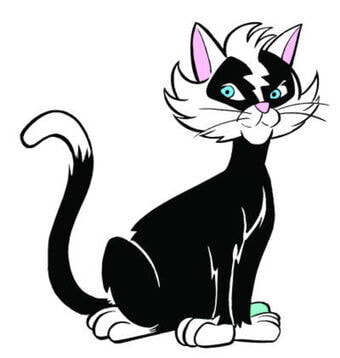
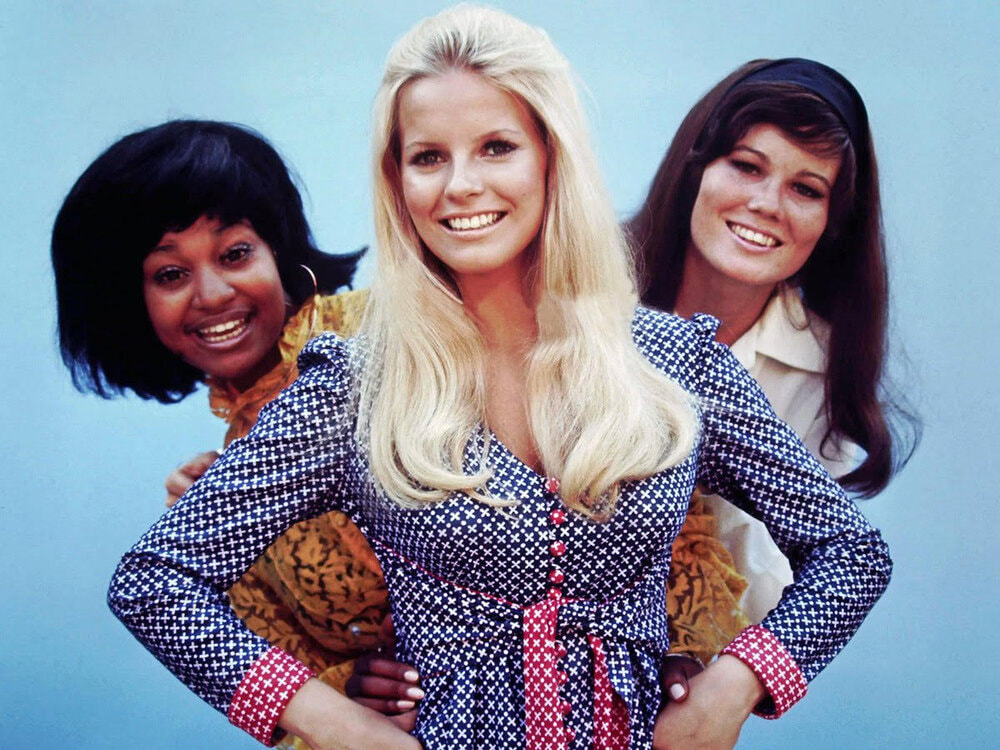
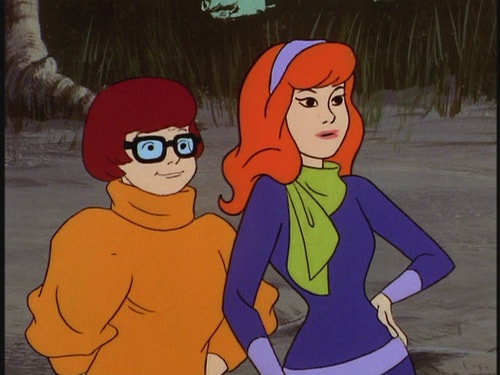
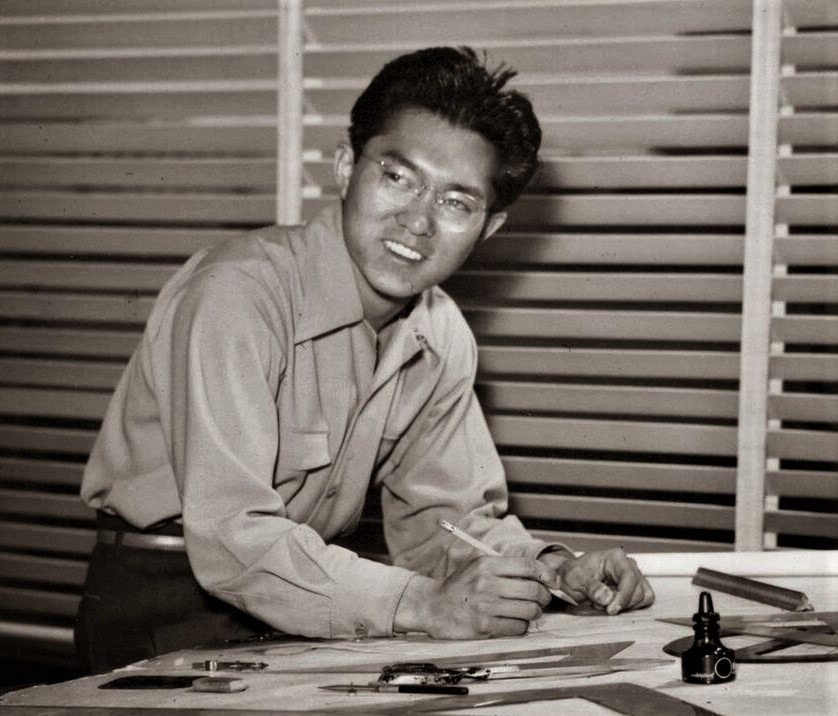
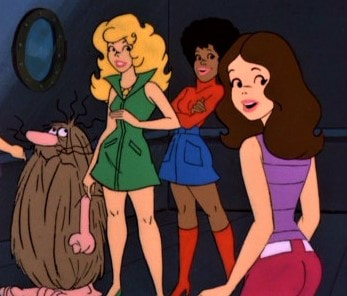
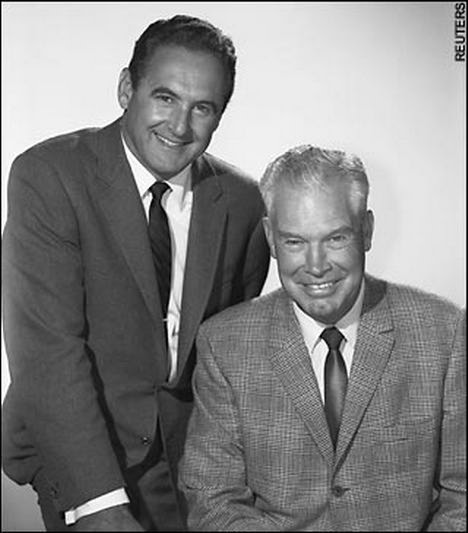
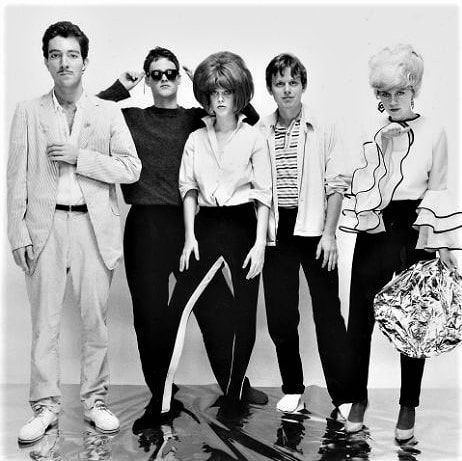
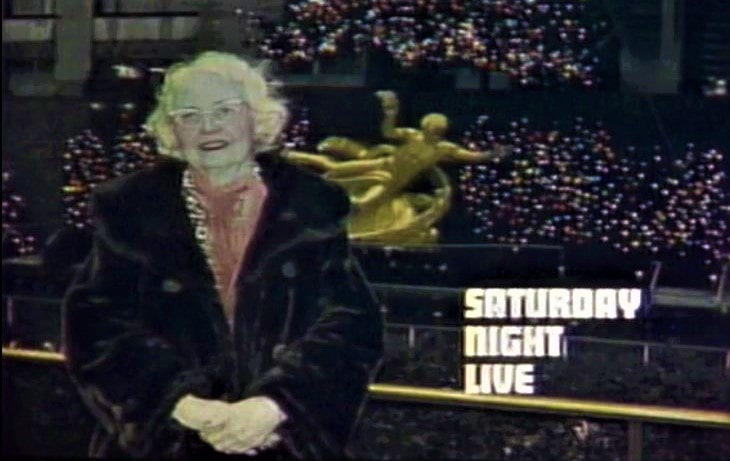
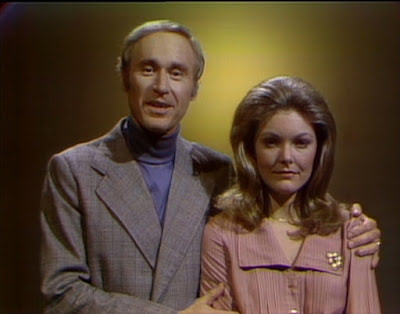
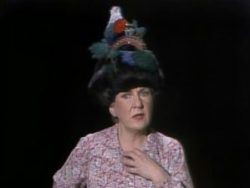
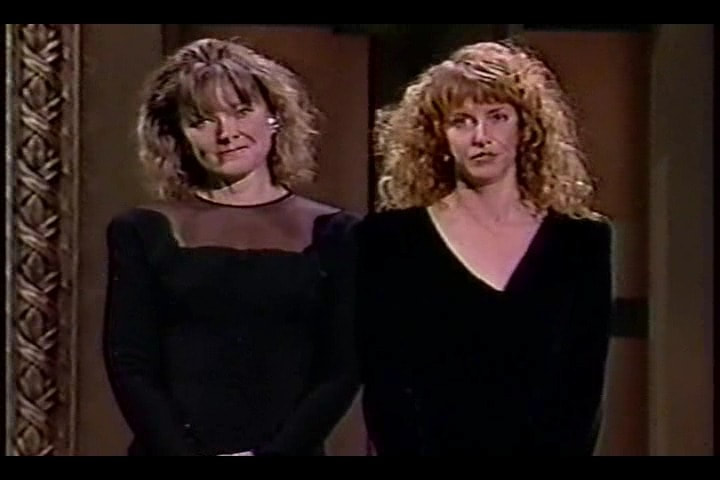
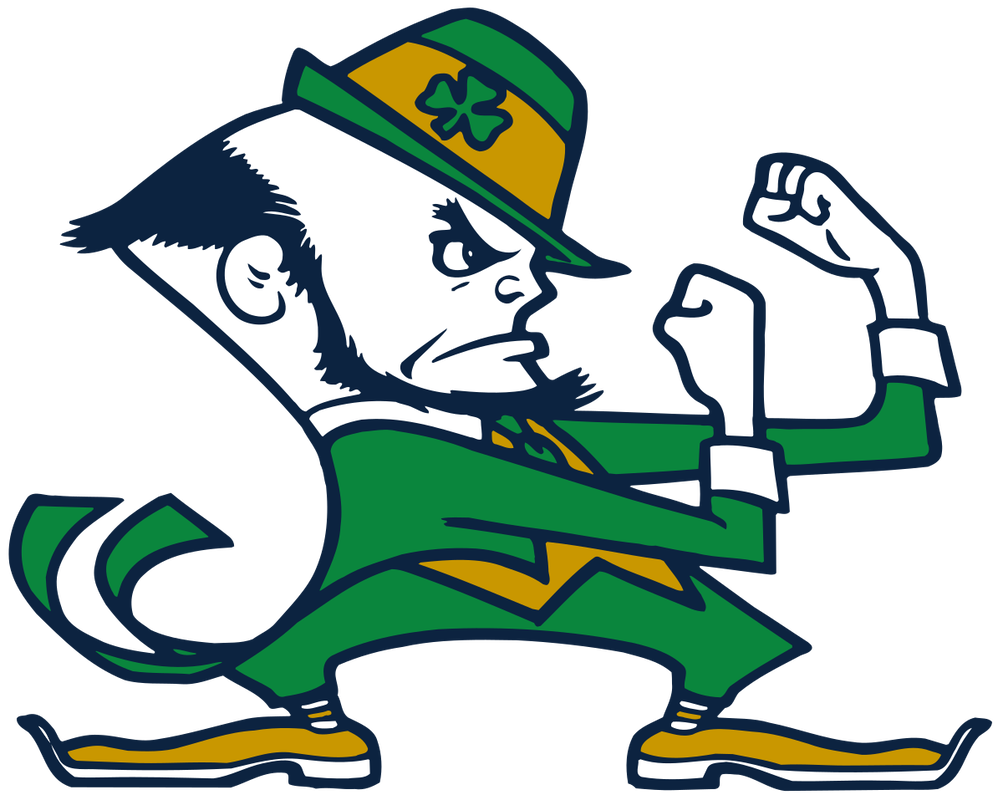
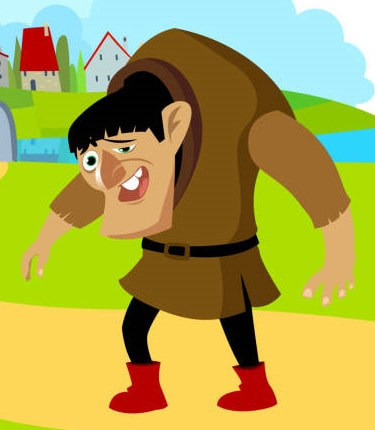
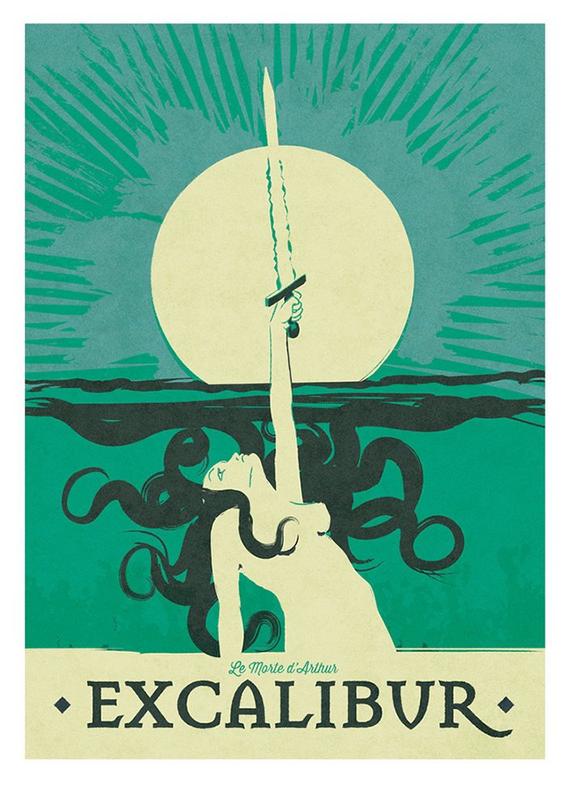
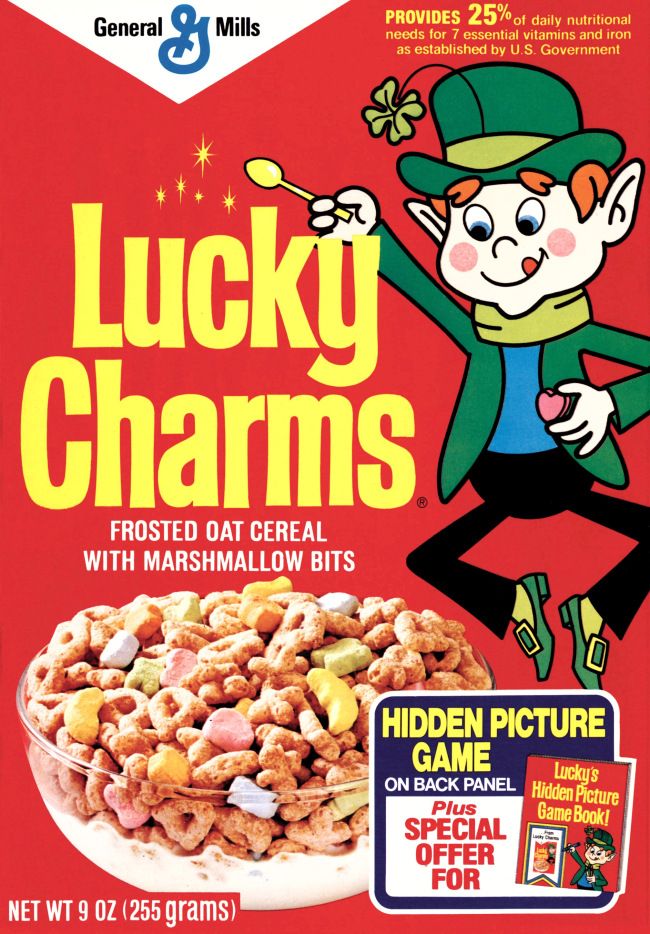
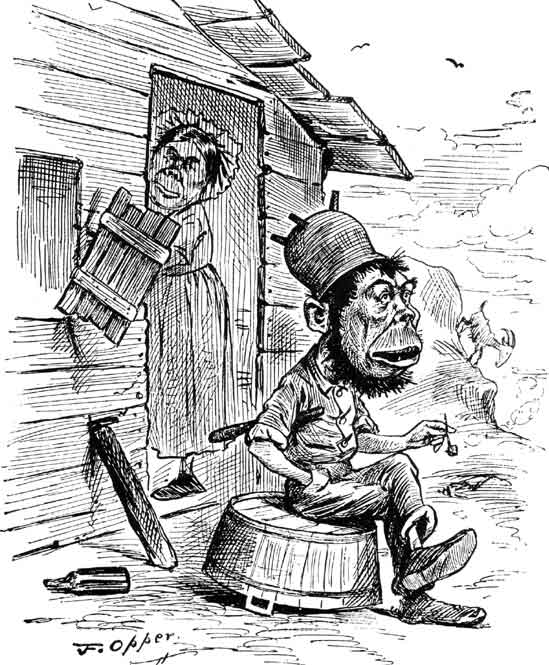
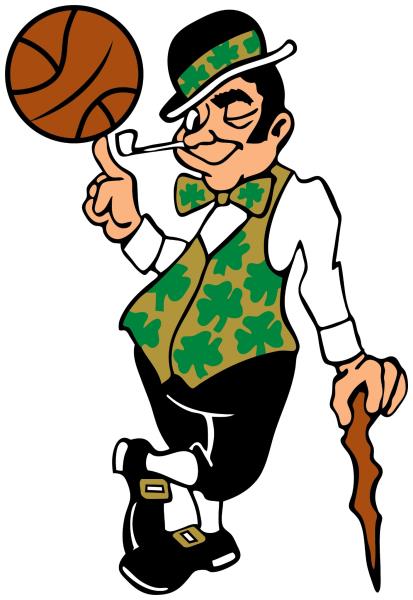
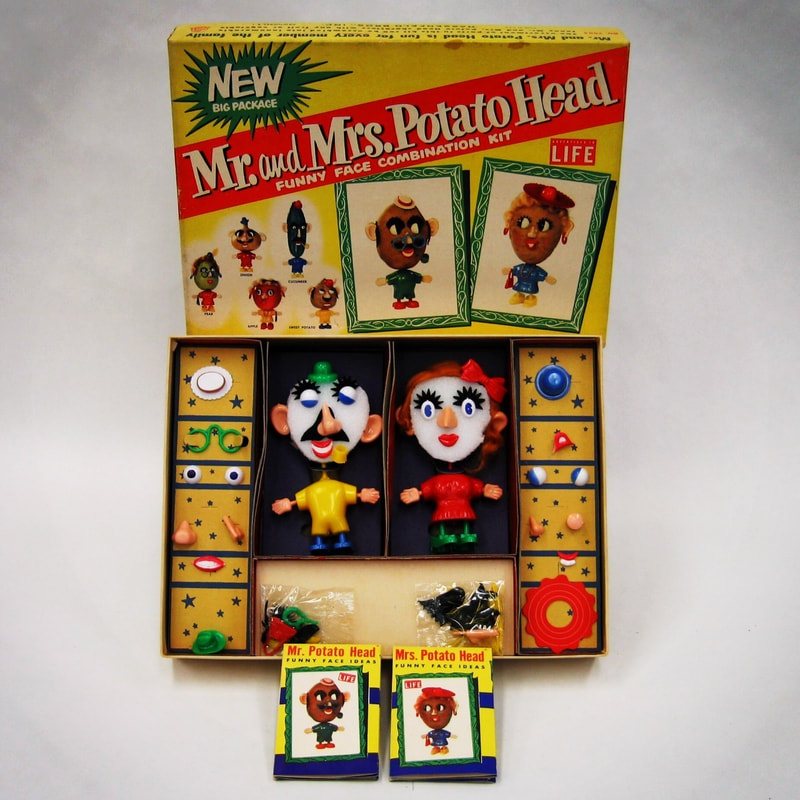
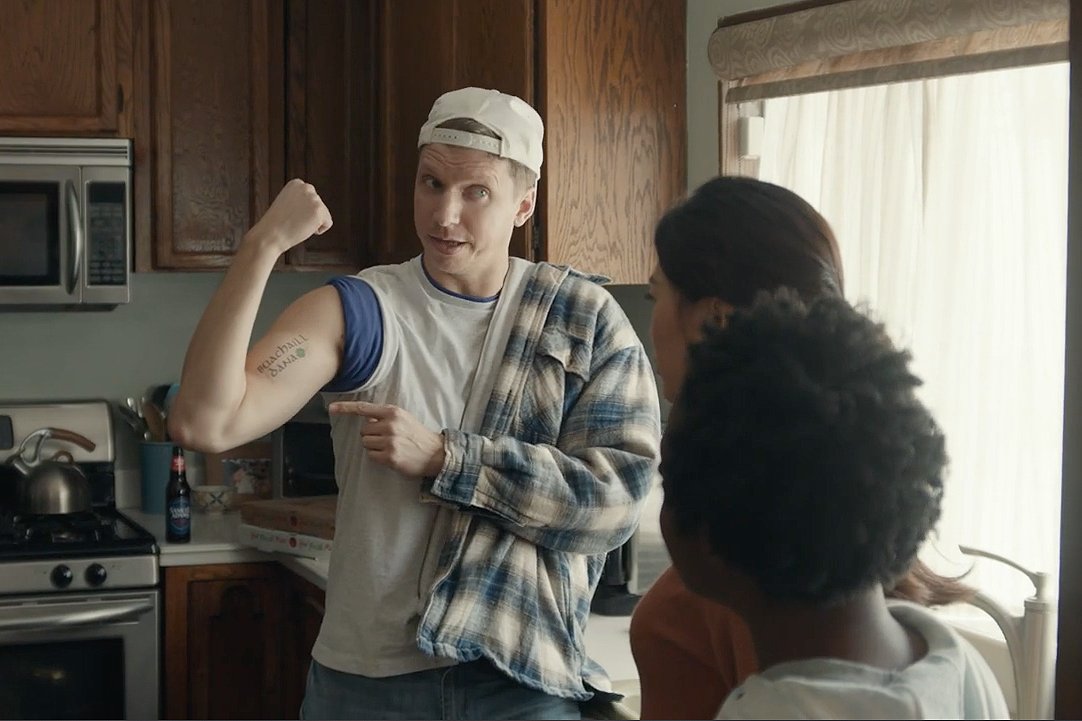
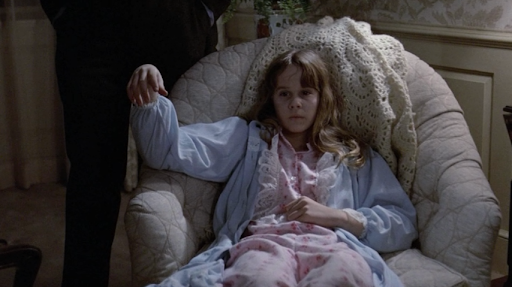
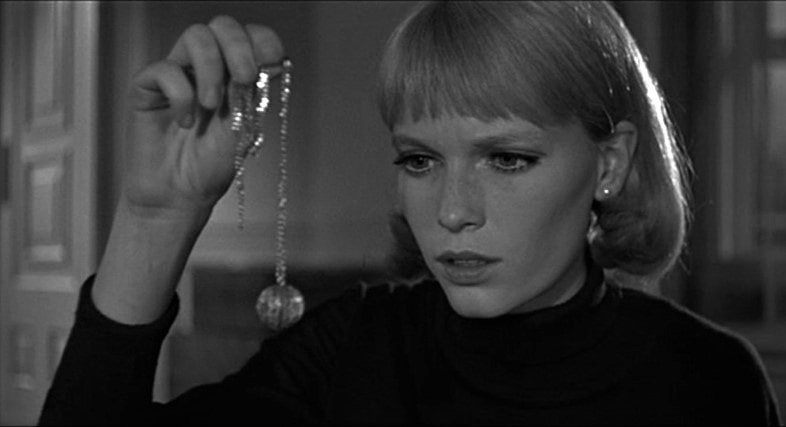
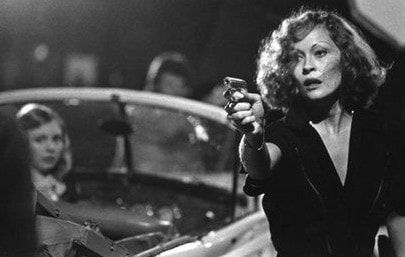
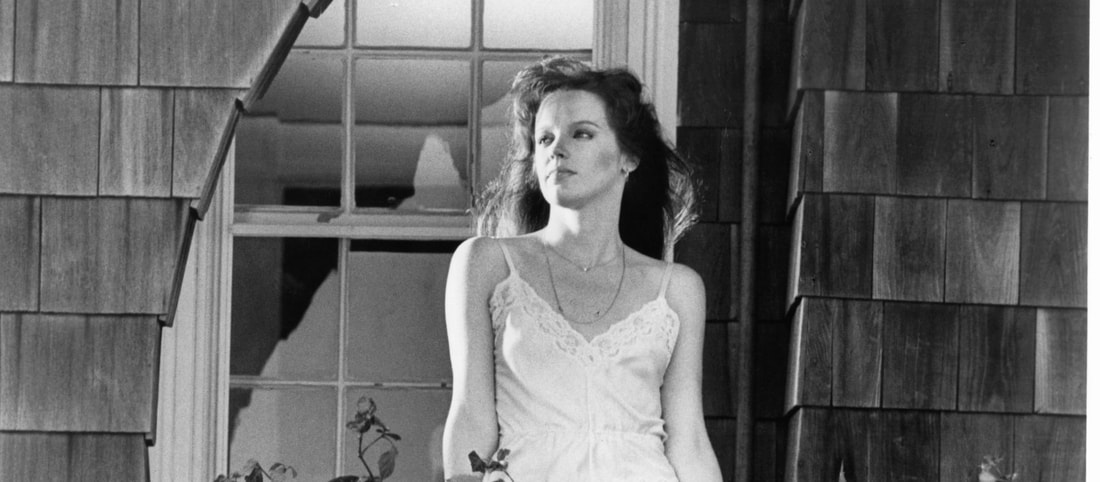
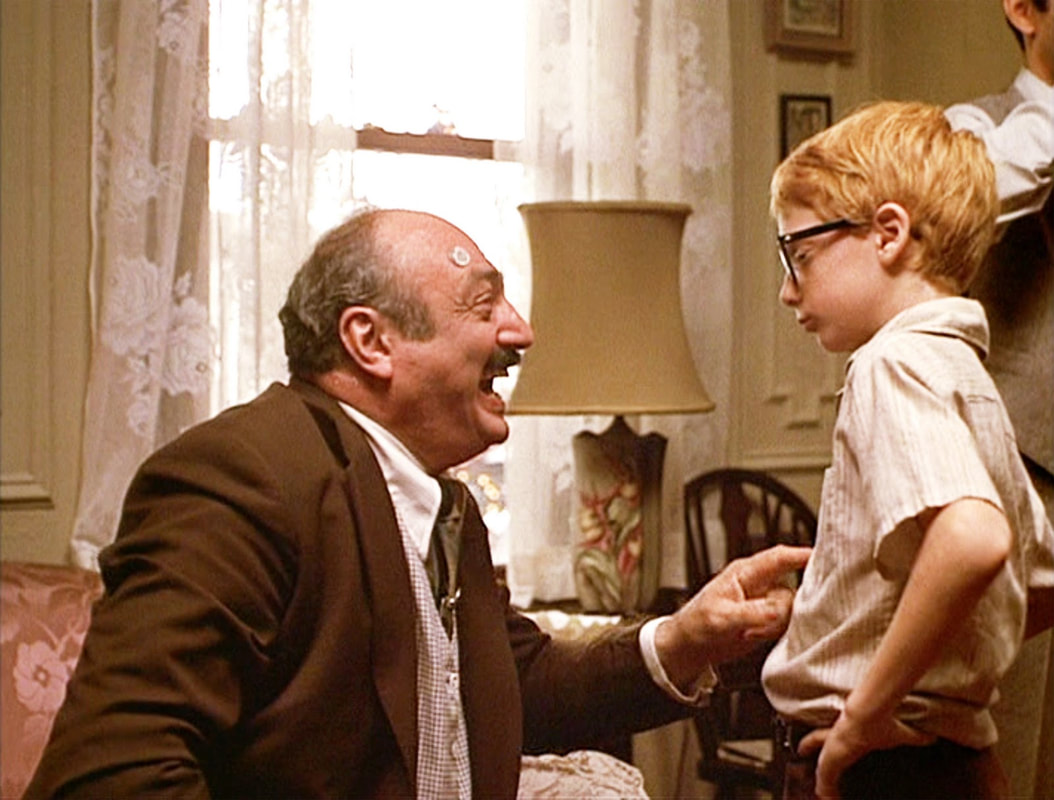
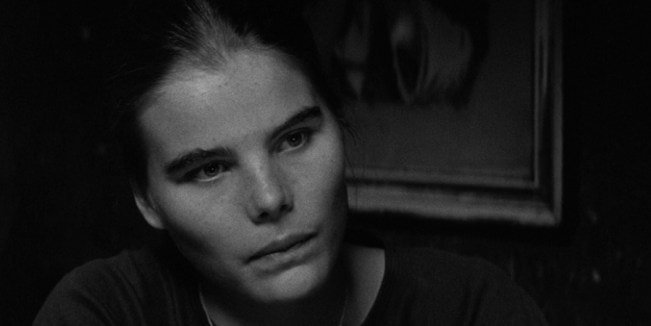
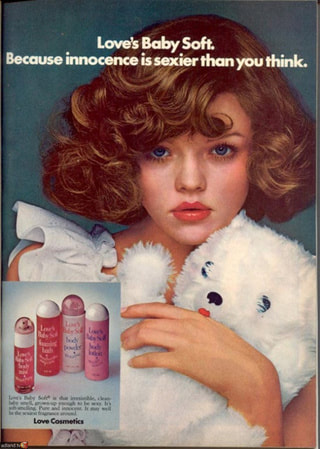
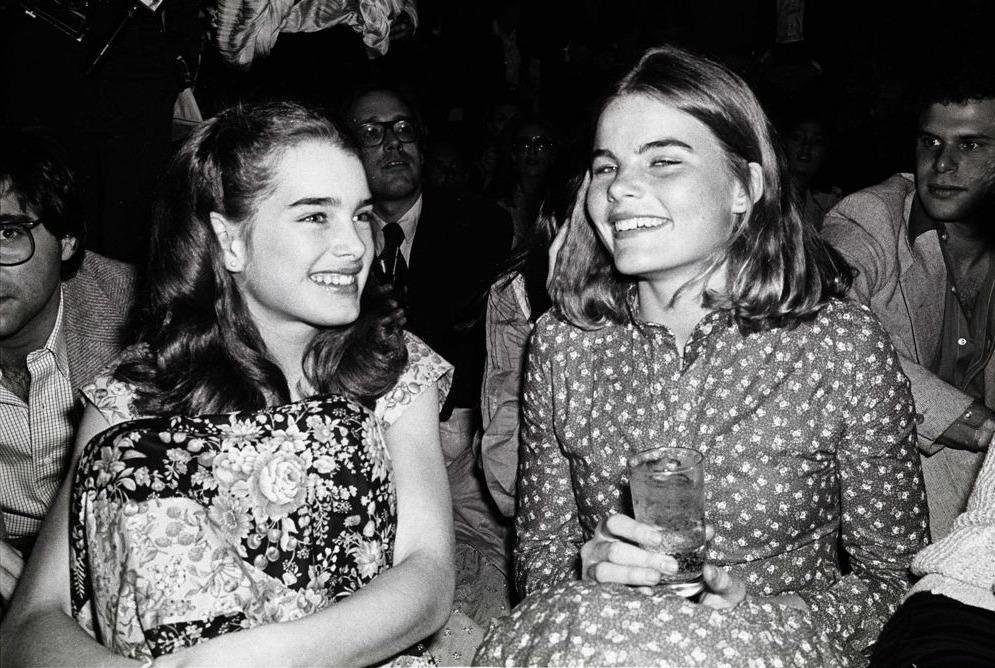
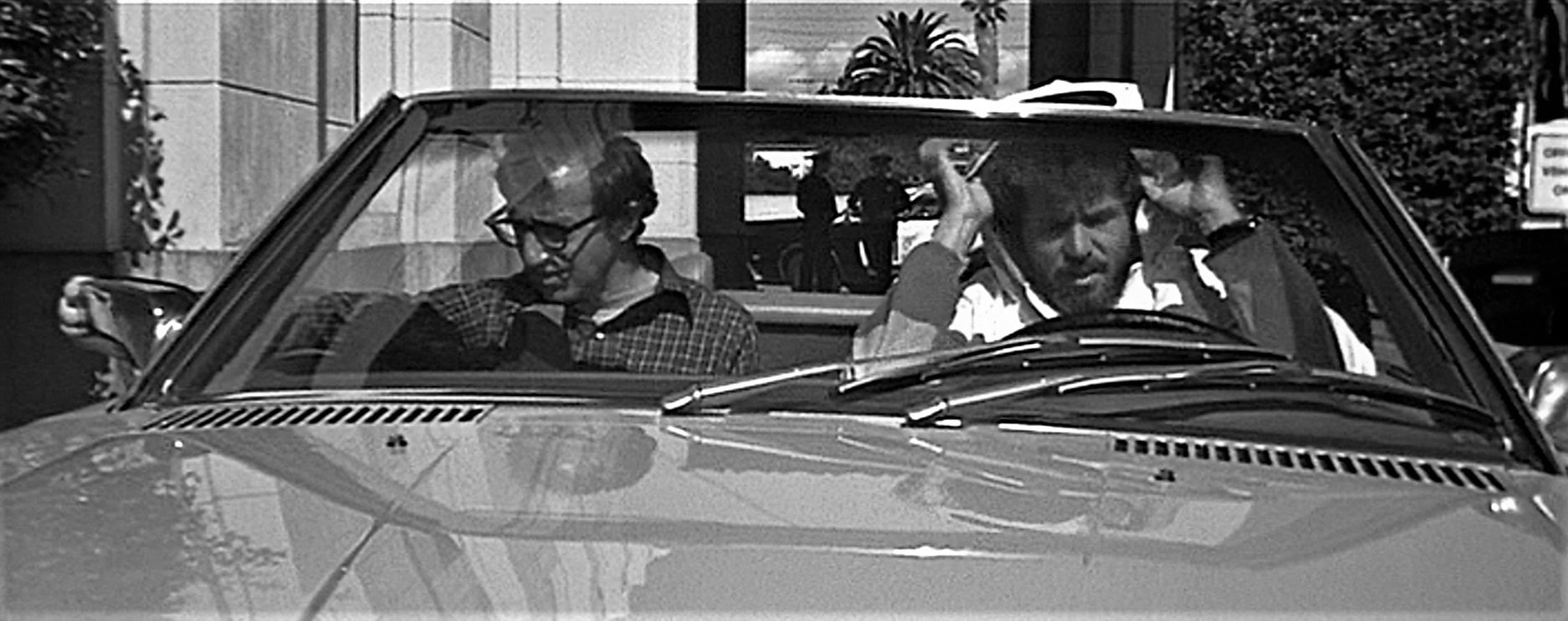
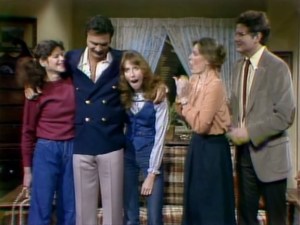
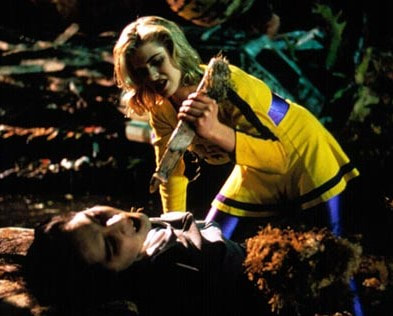
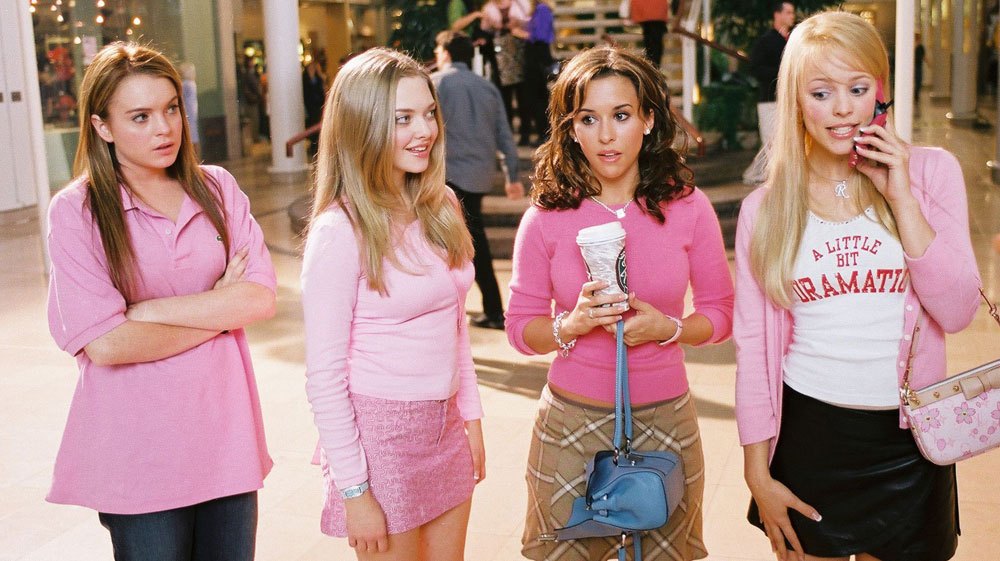
 RSS Feed
RSS Feed